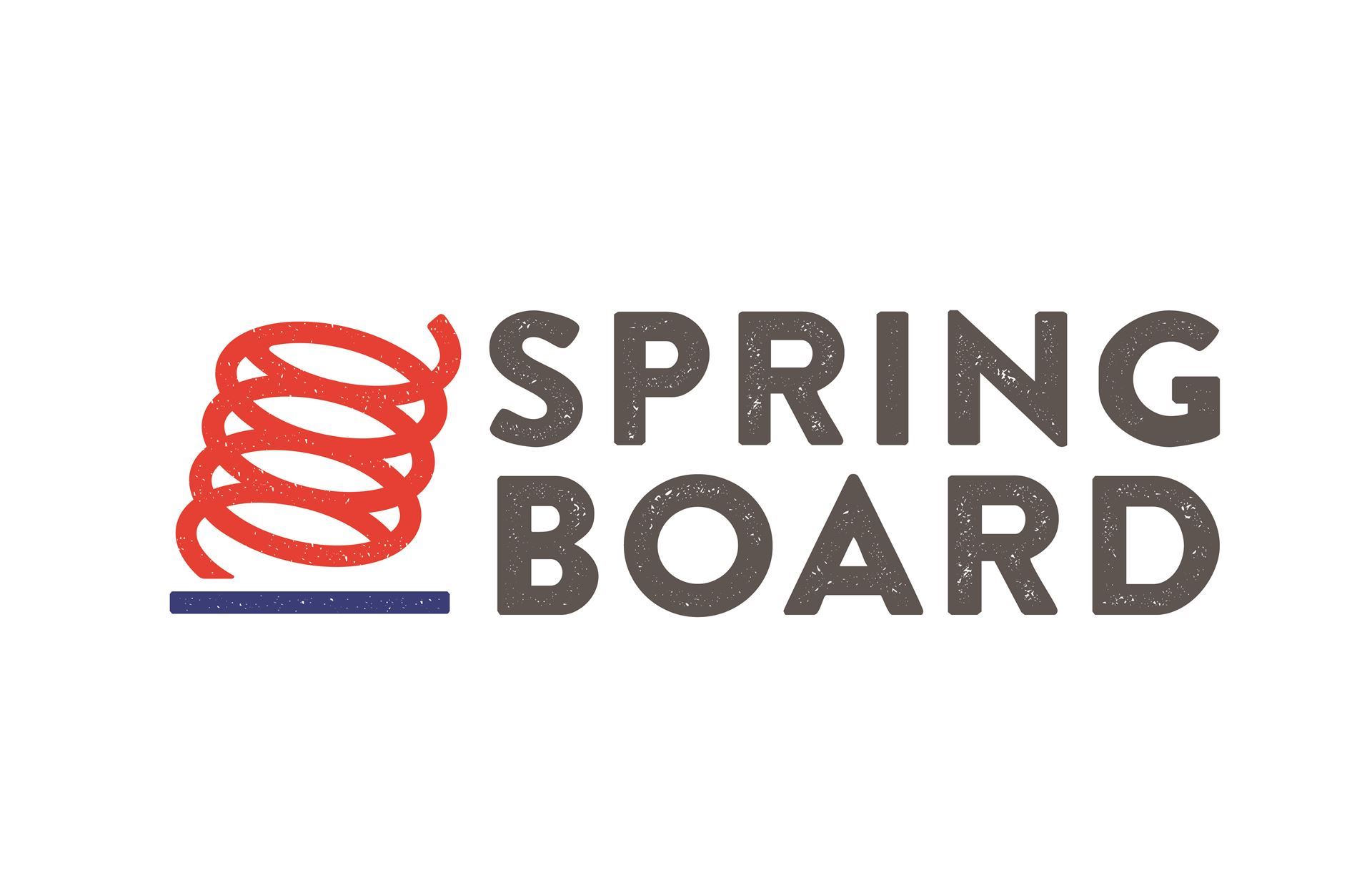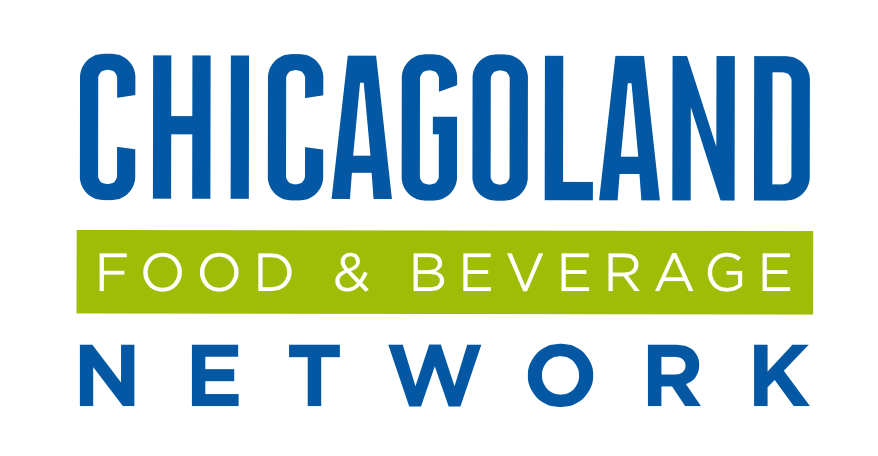Introducing our member, The Kraft Heinz’s Springboard Incubator Program -- a platform dedicated to nurturing, scaling and accelerating the growth of emergent brands within the food and beverage space – is preparing to launch it’s 3rd cohort.
To be navigated to the application click here.
The Springboard Incubator Program was created to accelerate local food and beverage start-ups with emergent, first-to-market products and brands into thriving companies. The Incubator Program offers a wealth of resources inclusive of dedicated learning, mentorship from Kraft Heinz leadership, infrastructure access (including state of the art pilot plants and culinary kitchens at the Kraft Heinz Innovation Center in Glenview, Illinois), and funding. Kraft Heinz wants to learn from start-ups who are solving consumer pain points in a world of fragmented needs.
The Springboard team is currently seeking applicants that fall within one of the following four consumer trend pillars: natural and organic; specialty and craft; health and performance; and experiential brands, are already in market or have at least a ready-to-order product and a hunger for growth.
Before applications for this new cohort close on Friday, June 14th, come meet White Space Platforms Head, Elizabeth Obbard, and the new Springboard Incubator Lead, Kelsey Courser at CFBN’s first Founders Series Event on Wednesday, May 15th.
Following that event, Springboard will also be hosting “Office Hours” on Wednesday, May 29th. Elizabeth, Kelsey - along with several members of the Springboard team and graduates of the 2nd Incubator class – will be on hand to share their learnings, answer questions on the program, and assist with the application process.
So Save These Dates for opportunities to learn about this incubator making a splash in the Chicagoland food scene (more information and registration is coming soon, please send us an email if you’d like to be added to the invite list)! In the meantime, learn more about The Springboard Incubator Program here from the first incubator class!
